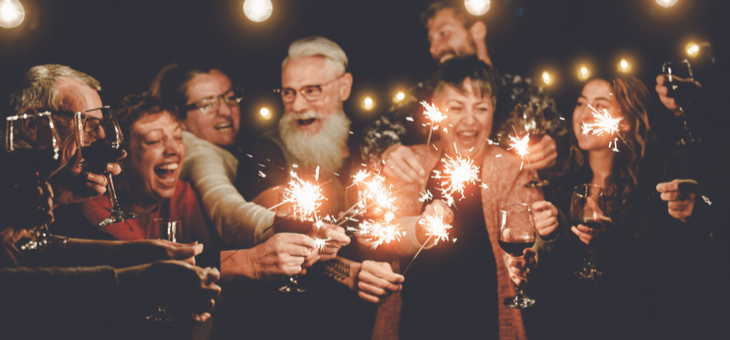The pandemic has changed the way we do things in so many ways. Simple day-to-day activities such as grocery shopping require far more thought than in the past. Do I have my mask? Should I wait until the supermarket is less crowded? Perhaps I should switch to home delivery.
Almost every aspect of our lives has been affected in some way. For those who have lost a loved one in this time, the change has been far more profound. In parts of Australia, when the pandemic was at its worst, families were forced to choose who could attend a loved one’s funeral as very low numbers were mandated.
For many, this led to a rethink on how we should celebrate the lives of those we’ve lost. Did a loved one say how they would like their passing to be marked? Cremation or burial? A particular style of coffin?
Read: How grieving suffers if you can’t go to a funeral
Cale Donovan, co-founder of funeral provider BARE Cremation, has been aware of this for some time, and decided to do something about it. He and partner Sam McConkey commissioned an independent survey of more than 3000 Australians in the second half of last year, and the findings have been published in a comprehensive report, Australian Funeral Industry – State of the Nation 2021.
The report, endorsed by University of Melbourne’s cultural anthropologist and death studies scholar, Dr Hannah Gould, reveals that when it comes to death and the end-of-life experience, Australians’ expectations have changed significantly.
In a media release accompanying the report’s publication, Mr Donovan explains that their findings show “Aussies today value great food and drinks, as well as more intimate and non-traditional ceremonies, to say goodbye. Former mainstays of funerals, such as religious ceremonies and coffins, were ranked as less important versus more celebratory elements.”
Read: We need to rethink how we manage death-care
Dr Gould agrees, adding that the character and diversity of the Australian experience of death is unique and fundamentally not well understood.
“As much as life, our approach to death and dying reflects who we are as a society, as well as who we want to be. Without good quality data, it is hard to enact change; we need evidence-based approaches in order to build better death-care services,” she said.
“This report makes a significant contribution to a growing body of research into Australian death cultures. Delving into beliefs about funerals, body disposition, and grief, it suggests that Australians increasingly want more bespoke, personal services and, above all, desire honesty and authenticity from their death-care providers.”
The report (available here) published findings of a survey that asked Australians how they approach end-of-life services. Respondents were asked how decisions were made within their families, what was most important to them in funeral ceremonies and what they would like to happen with their remains.
Read: Podcast: Is there such a thing as a good death?
Results indicated that Australians are increasingly looking to non-traditional end-of-life celebrations. Many respondents indicated a preference for less formality, preferring a food-and-drink-based celebration to a religious ceremony with a coffin.
Mr Donovan said: “Australian funeral preferences really are unique and evolving. It’s incumbent upon the funeral industry to evolve to meet these modern needs. Without change, the disconnect between what families want, and what they receive, will continue to widen. We hope that this report plays a foundational role in learning how Australians experience end of life.”
What sort of funeral would you like? Have you spoken to family about your wishes? Why not share your experience in the comments section below?
If you enjoy our content, don’t keep it to yourself. Share our free eNews with your friends and encourage them to sign up.

